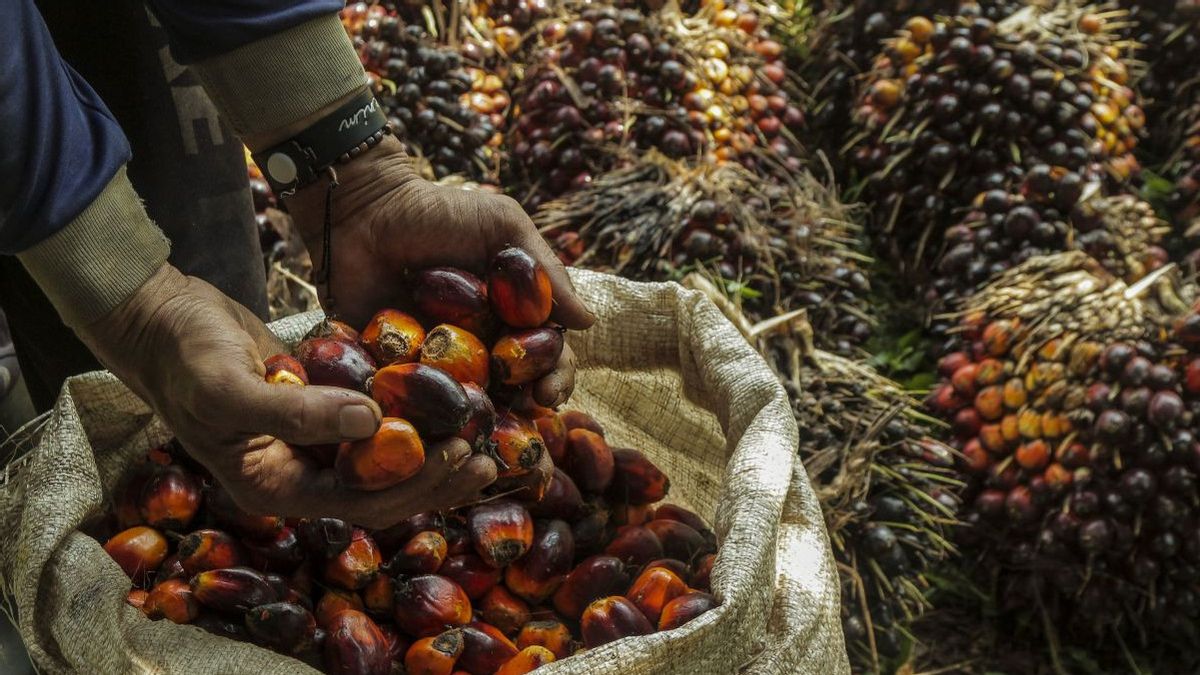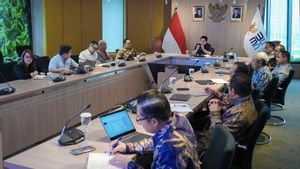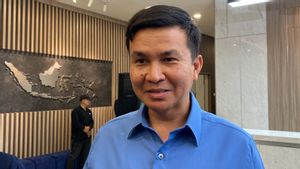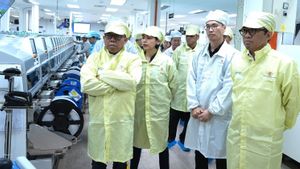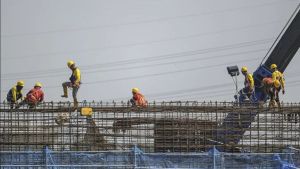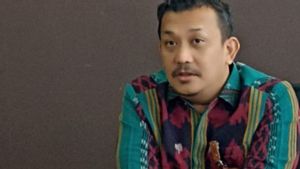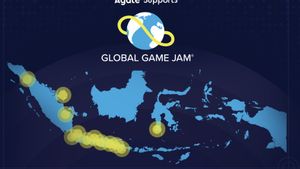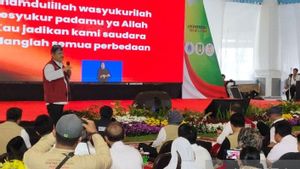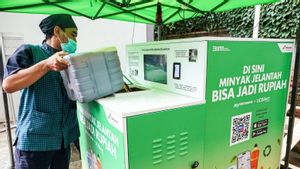Coordinating Minister for Economic Affairs Airlangga Hartarto conveyed that Indonesia and the State Council of Palm Oil Producting Countries (CPOPC) are committed to supporting the sustainability of the palm oil industry.
"Indonesia wants to appreciate the long-term partnerships and collaborations among palm oil producing countries, with CPOPC support, despite complex challenges in the global palm oil sector," he said in his statement, Friday, November 29.
Airlangga said there were several challenges in the global palm oil industry, such as those caused by market volatility, fluctuations in CPO prices, demands for sustainability from consumer countries or importers, the entry of small farmers in the global supply chain, the risk of climate change, as well as issues related to the environment, health, and labor.
In addition, Airlangga said that in the long term, these challenges could affect the livelihoods of small farmers and small-scale producers, because they are the backbone of the palm oil supply chain.
"Indonesia remains committed to ensuring the welfare of more than 12 million people who get direct and indirect jobs from the palm oil industry," he said.
Airlangga menyampaikan dalam dua tahun terakhir, pasar minyak sawit telah mengalami perubahan harga yang tidak pernah terjadi sebelumnya, yakni mencapai rekor tertinggi pada 2022 saat COVID-19, dan belum kembali normal hingga 2023.
On the other hand, Airlangga said palm oil producing countries also continue to face trade discrimination against palm oil products and their derivatives, which are disguised as environmentally friendly policies imposed by importing countries, such as EU Deforestation-free Regulation (EUDR), EU RefuelEU Aviation Rules, EU Due-Diligence Regulation, Global Biofuel Alliance (GBA), and United Kingdom's Forest Risk Commodities (FRC) Law.
"For that, we must formulate an appropriate strategy to create a profitable and stable palm oil price. In addition, we must refrain from implementing trade policies in a way that is not in line with the relevant WTO provisions, to ensure market transparency and the predictability of palm oil," said Airlangga.
Airlangga said that Indonesia still considers the palm oil sector as a national priority, especially since there is a strong commitment from President Prabowo Subianto to this vital sector as reflected in Asta Cita, namely achieving food security goals, food self-sufficiency, energy self-sufficiency, and industrial downstreaming.
"In (experiencing energy through) the B40 program carried out by Indonesia, Malaysia appreciates this, because it contributes to the world, especially in reducing emissions," he said.
According to Airlangga, in the B35 program, it managed to save around 32 million tons of CO2, and for the B40 program more than 40 million tons of CO2.
This is a concrete contribution from Indonesia and CPO to the whole world to reduce carbon emissions.
In addition, Airlangga also encouraged the CPOPC to remain a hub for palm oil producing countries and to determine trends in the global vegetable oil market to support and facilitate the interests of its members.
"The CPOPC must also be able to expand partnerships and multi-party cooperation through various platforms," he said.
In addition, the CPOPC Secretariat has approved Nigeria and Congo as Observer Countries, as the two countries had previously applied to become members of the CPOPC in September and November 2024. The next process is full membership access.
As for the Charter CPOPC, during the full accession period, the status of the state that proposes to become a full member is as a Observer Country with a maximum period of two years.
SEE ALSO:
Observer Countries are currently Colombia, Ghana, and Papua New Guinea.
However, with the internal dynamics of each country, up to two years, the three countries have not been able to access to become fully CPOPC members.
To that end, the CPOPC Secretariat recommends extending time as Observer Countries for another year.
Indonesia and Malaysia have also agreed to continue ad hoc from the joint task force on EUDR. EUDR has been extended (implementation) by the European Union Parliament in the next one year. Furthermore, earlier it has also been handed over by CPOPC Chairship from Indonesia to Malaysia for the next one year period," said Airlangga.
The English, Chinese, Japanese, Arabic, and French versions are automatically generated by the AI. So there may still be inaccuracies in translating, please always see Indonesian as our main language. (system supported by DigitalSiber.id)
